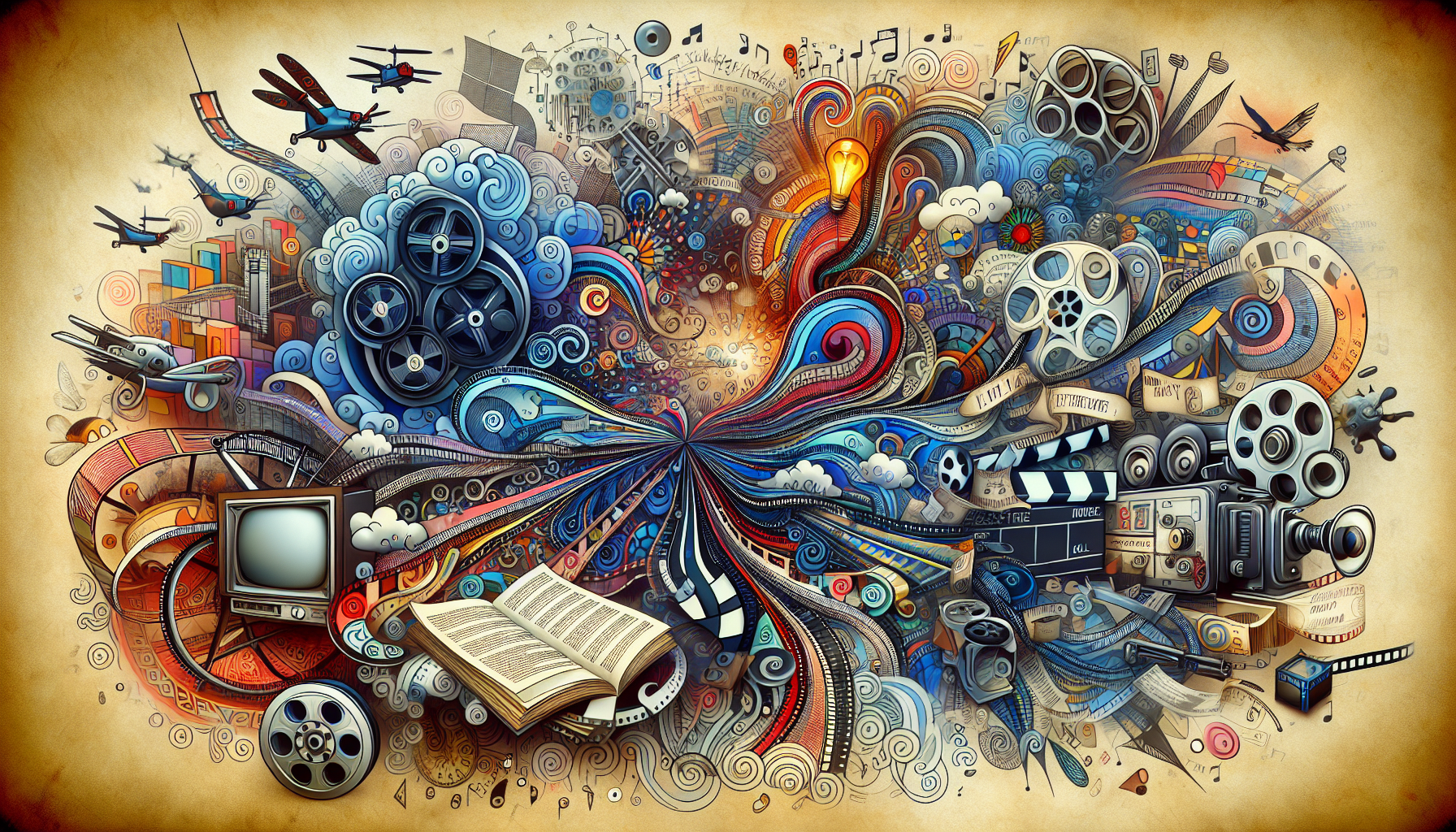Quentin Tarantino's Take on Movies vs. Television: An Insight into Documentary Filmmaking
Quentin Tarantino, the illustrious director behind iconic films such as Pulp Fiction and Inglourious Basterds, has made headlines again with his recent comments critiquing the current era of television. In his appearance on The Joe Rogan Experience alongside his Video Archives Podcast co-host Roger Avary, Tarantino was candid about his preference for traditional cinema over modern TV series like Yellowstone. His thoughts garnered a considerable amount of attention and sparked discussions about the evolution of storytelling across different mediums.
Tarantino Believes Movies Hold More Impact
In his remarks, Tarantino asserted, “Everyone talks about how great television is now, and it’s pretty good— but at the end of the day, it's still television.” He alluded to the depth with which movies can affect viewers compared to television series. He cited his experience with Yellowstone, expressing that, while he enjoyed the series, he ultimately viewed it as akin to “a soap opera.” Movies, according to Tarantino, offer a lasting resonance that television series often fail to achieve.
He elaborated, stating that while watching a series like Yellowstone may captivate him in the moment, the details and characters fade quickly from memory. In contrast, the climactic artistry of a well-crafted film stays ingrained in one's mind for years, serving as a benchmark for emotional and narrative impact.
| Aspect | Movies | Television |
|---|---|---|
| Emotional Climax | Defined, impactful scenes | Interconnected drama without closure |
| Memorability | Characters and stories last a lifetime | Often forgettable, lacks lasting depth |
| Narrative Style | Concise storytelling with significant arc | Sprawling storylines that can dilute impact |
Tarantino's claim is reinforced by his observation that even blockbuster series lose their memorable essence over time. The director reflects on this notion by declaring, “I couldn’t tell you anything about the bad guys from Yellowstone season 2 or season 3. It’s just completely gone!”
The Intriguity of Television Storytelling
As the landscape of both cinema and television continues to evolve, it is crucial to recognize the gems within the television industry. The narrative complexity and character development in shows like Breaking Bad and The Sopranos challenge the very assertion Tarantino proposes. The line between character-driven storytelling and sensational films increasingly blurs, as shown by these seemingly ambitious television offerings.
Despite his preference, it is essential to recognize that not all television is intended to mirror the artistic depth of cinema. Television, as a medium, often focuses on episodic storytelling that allows for deeper character explorations over long-term narrative arcs. Tarantino acknowledges this evolution but remains cemented in his belief that the scope of films offers a definitive storytelling approach unparalleled in television.
Conclusion: Tarantino's Critique as a Reflection of Changing Aesthetics
Quentin Tarantino's observations invite us to grapple with broader implications regarding the consumption of media. His preference for films over television raises questions about what audiences value in storytelling—be it brevity and emotional impact or longevity through character exploration.
While some may align with Tarantino's critiques of contemporary television, others may defend the medium's advancements and storytelling capabilities. This dichotomy reflects a broader debate about the future of screen storytelling. As the line between film and television continues to blur, the conversation sparked by Tarantino's comments encourages audiences to appreciate the strengths and unique offerings of both mediums.
Ultimately, Tarantino’s comments serve as a reminder that regardless of the platform, great storytelling resonates deeply. By highlighting the varying impacts of films versus television shows, it strengthens the ongoing dialogue about the artistic merits and narrative functions of both mediums.

답글 남기기